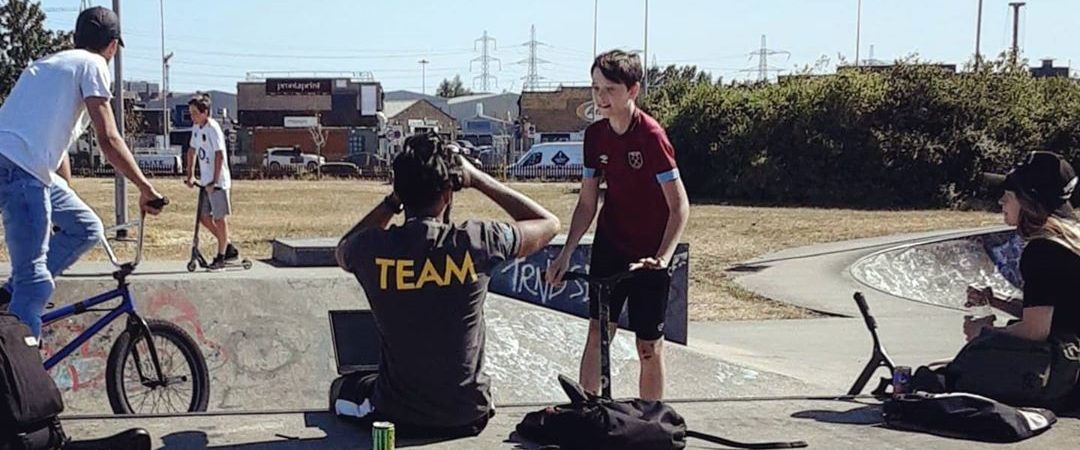These articles may contain testimonials by LifeLine staff members and service users of our programmes and/or services. These testimonials reflect the real-life experiences and opinions of such staff members/service users. However, the experiences are personal to those staff members/service users and may not necessarily be representative of all staff members/service users of our programmes and/or services. We do not claim, and you should not assume, that all staff members/service users will have the same experiences. Individual results may vary.
Testimonials are submitted in various forms such as text, audio and/or video, and are reviewed by us before being posted. They appear in the newsletter in words as given by the staff members and service users, except for the correction of grammar or typing errors. Some testimonials may have been shortened for the sake of brevity where the full testimonial contained extraneous information not relevant to the general audience.
The views and opinions contained in the testimonials belong solely to the individual user and do not reflect our views and opinions. Staff members/service users are not paid or otherwise compensated for their testimonials.





